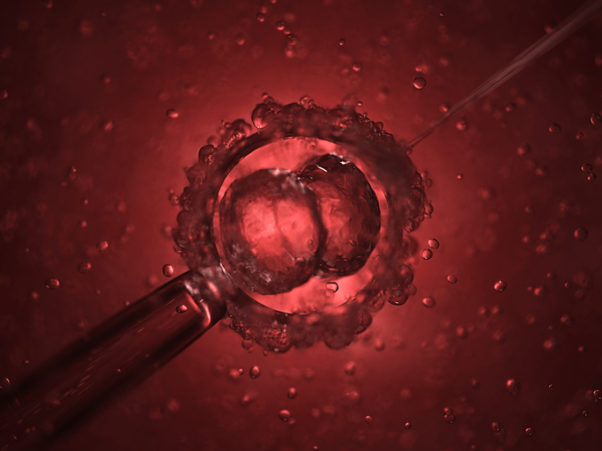Children with birth defects who were conceived via in vitro fertilization (IVF) were more likely to develop childhood cancer compared to those conceived naturally, according to the results of a cohort study.
Children with a major birth defect conceived via IVF had nearly seven times the risk of cancer than those without a birth defect (hazard ratio 6.90, 95% CI 3.73-12.74), reported Barbara Luke, ScD, MPH, of Michigan State University in East Lansing.
Those who had a birth defect and were conceived without medical assistance, however, were three times more likely to develop cancer (HR 3.15, 95% CI 2.40-4.14), researchers wrote in JAMA Network Open.
Luke’s group proposed that the epigenetic alterations — changes in the chemical structure of the DNA that do not change the coding sequence — that occur when an embryo is grown in a lab result in reprogramming that may cause birth defects and cancer in this population.
“IVF-conceived children are at about one-third greater risk of birth defects compared to their naturally-conceived counterparts, as well as at higher risk of childhood cancer, although in absolute terms these numbers are small,” Luke told MedPage Today.
















